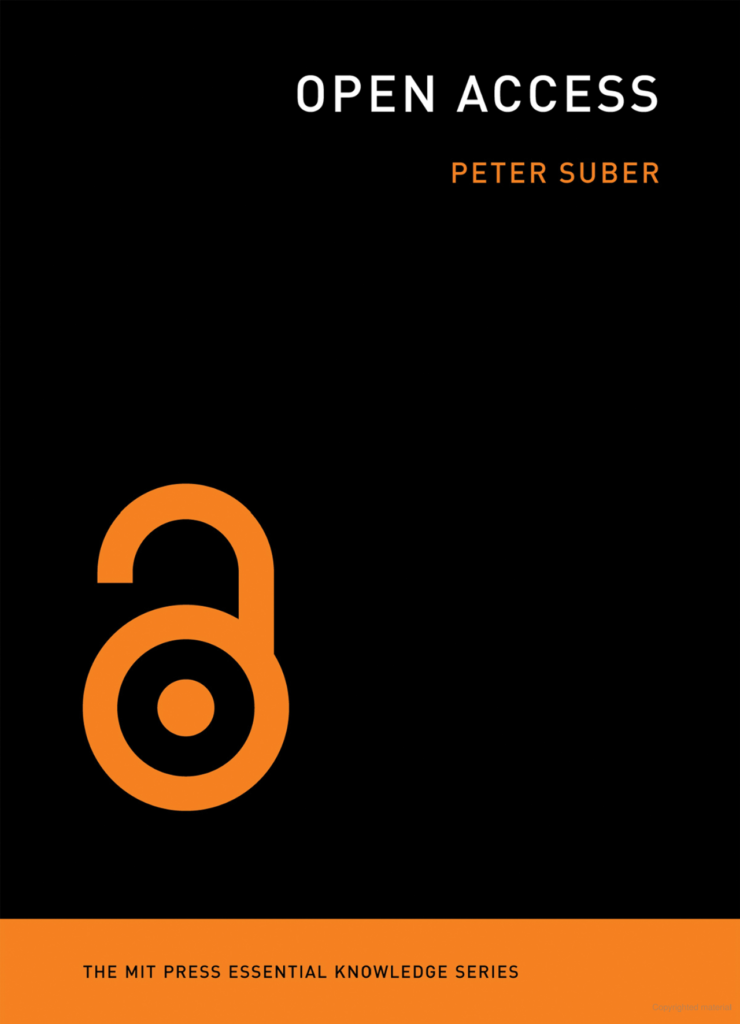Visit here: https://pure.jgu.edu.in
Why PURE?
The Global Library has set up an online Publications Repository (PURE) where all research papers (articles, conference papers, books, book chapters, book reviews, reports, and other scholarly works) affiliated with JGU are stored and archived. PURE is built using an open-source software called EPrints.
The primary goal of implementing PURE is to assist JGU scholars in making their papers openly accessible across the web, enabling a wide range of users to access and benefit from their research.
PURE enables JGU scholars to make their papers openly accessible in a legitimate manner. By depositing their papers in PURE, JGU scholars can amplify the visibility of their work on the internet, leading to increased impact and recognition of their research.
Data source
PURE serves as a data source for providing information to regulatory and ranking agencies and school-level annual reports. Also, depositing papers in PURE is mandatory for claiming publication incentives.

Articles: which version of a paper can be archived in PURE?
PURE recruits preprints, postprints and published versions of the papers having an author from the JGU.
If you have posted your preprints or working papers in any the servers/networks (e.g. arXiv, biorxiv, medrxiv, ssrn, socrxiv, crimrxiv), you may archive a copy in PURE.
A preprint, in the context of academic publishing, refers to a version of a research paper that is made publicly available before it undergoes formal peer review.
If your paper is published in a subscription journal, you may archive the postprint of the paper in PURE.
A “postprint” is the final version of a scientific or academic paper after peer review and revisions, but before it is formatted and published by a journal. [Example]
If your paper is published in a full open access (OA) journal, you can deposit the published version of the paper in pure.
A ‘published version’ is the version of the manuscript published in a journal with the journal’s type-set and branding (logo etc,.) [Example]
Journal policies
Many journals (publishers) allow authors to self-archive the postprints of their papers on personal web pages or institutional repositories such as PURE, immediately upon acceptance. Some journals have set an embargo period.
Sherpa Romeo is an online platform where open access policies of scholarly journals published around the world are aggregated. The platform provides OA archiving policies on a journal-by-journal basis.
The library team consults Sherpa Romeo before archiving the JGU affiliated papers in PURE.


